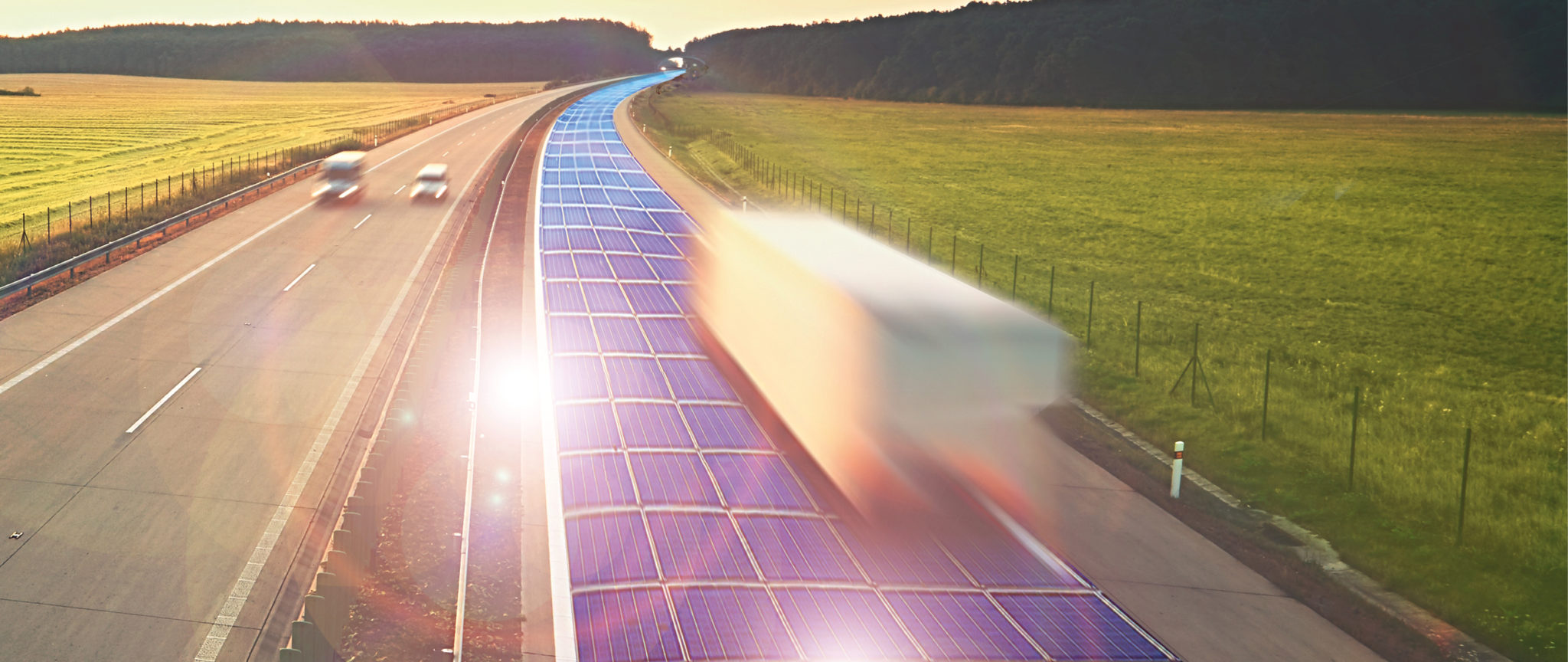Powering the Future: High-Capacity Batteries and Alternative Fuels in the Logistics Industry
Key Ideas
- High-capacity batteries are projected to be a crucial component of the UK's energy strategy, supporting electric vehicles and providing backup power during renewable energy downtime.
- New battery technologies like silicone, graphene, and sodium are advancing rapidly, although the adoption of solid-state batteries remains hindered by high costs and production challenges.
- Alternative fuels such as hydrogen and hydrotreated vegetable oil are gaining popularity, particularly in large fleet operations where emission-free performance is essential.
- Challenges like grid capacity limitations and renewable energy availability pose hurdles for the logistics sector's transition to sustainable energy sources, impacting the UK's net-zero goals.
Toyota Material Handling's latest report focuses on the increasing importance of energy storage in the logistics industry amid the shift towards electrification. Highlighting the potential of high-capacity batteries, the report envisions these batteries powering entire industrial sites or cities in times of renewable energy shortfall. Despite advancements in battery technology utilizing materials like silicone and graphene, the widespread adoption of solid-state batteries remains constrained by cost and production complexities. The industry is also witnessing a rise in interest in alternative fuels such as hydrogen and hydrotreated vegetable oil, offering emission-free solutions for large fleets. While these innovations hold promise, challenges like grid capacity constraints and renewable energy reliability continue to pose obstacles for achieving sustainability targets in the UK's logistics sector. Toyota's report underscores the ongoing need for efficient energy storage solutions as the industry navigates the complexities of decarbonization and technological evolution.
Topics
Fuel Cells
Renewable Energy
Alternative Fuels
Energy Storage
Battery Technology
Technological Innovation
Grid Capacity
Logistics Trends
Sustainability Challenges
Latest News
